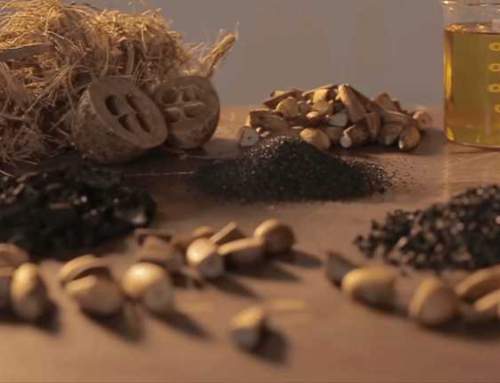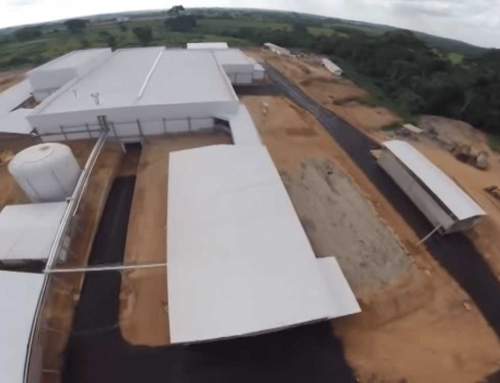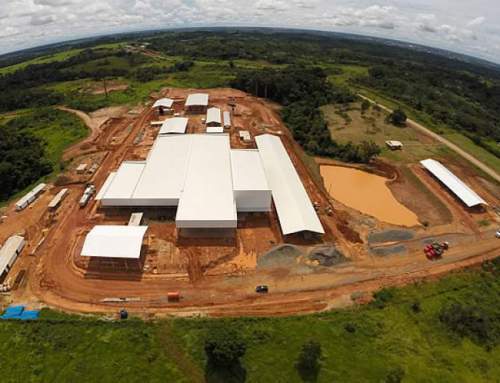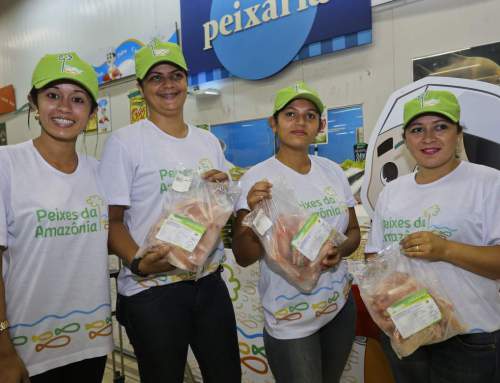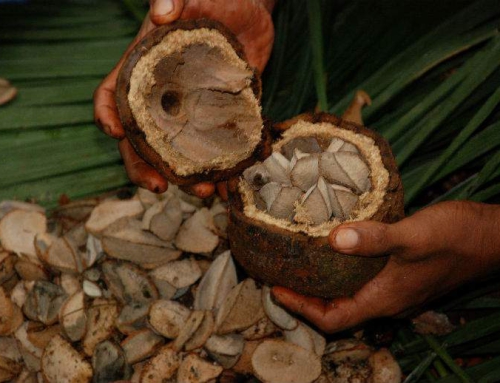RIO BRANCO – For over 16 years, Acre develops a sustainable economy. Forests in the state are ecological reserves that generate jobs and income to local dwellers, while fish farming stands out in the local economy and establishes as a national reference for aquiculture. Built as per Brazil’ environmental code requirements, Peixes da Amazônia S.A. is one of the most modern aquiculture projects in the country and offers virtually no impact to the environment. The project is a state government’s commitment, through the Forest Development Secretariat of Industry, Trade and Sustainable Services (SEDENS) and Acre Business Agency (ANAC), which contains private investments of local businesspersons.
The complex consists of three units: a fish processing plant, a feed mill and fish reproduction laboratory. Jaime Brum, an expert in the industry and one of the company’s advisers, points out that Peixes da Amazônia S.A. recycles all its waste. “In fish reproduction laboratory there is no waste, the main input for fish reproduction is water, little fertilizer, feed and live fish.”
In the processing plant, all leftovers from processing fish are reused. Fish waste turns fish flour that is used as an ingredient in the feed mill. As for the water used in the complex, Brum adds, “will be filtered, decanted, treated and taken back to its source, without any risk to the environment”.
Fernando Lima, with SEDENS, notes, “fish farming ensures natural resources sustainability, reducing the pressure on the forest and deforestation through incentives to small farmers.”
Business Oportunista
With six years of experience in farming fish, Bujari producer, Luciano Oliveira remember his challenges in the fish market before Peixes da Amazônia S.A.: “Before this project we lived had difficult times in fish farming. Local market wasn’t enough to consume local production, and local producers were not able to access further markets” “he said.
In addition to subsidizing the feed and juvenile fishes for integrated producers, Peixes da Amazônia S.A. ensures the purchase of his entire production. “Besides jobs and income creation for locals, the processing plant itself will employee 400 people when operating at full capacity”, says Fernando Lima.
By Portal Amazônia, with collaboration from Agência Acre



